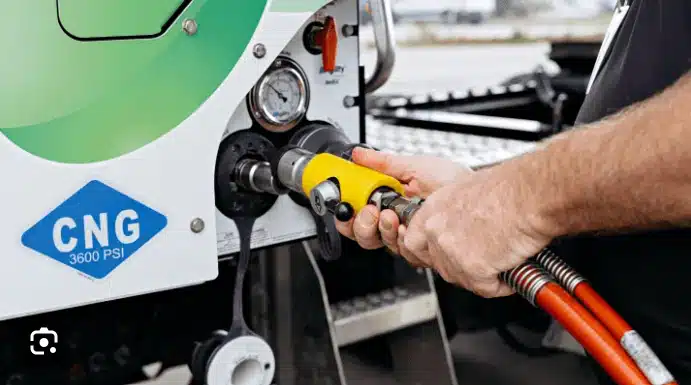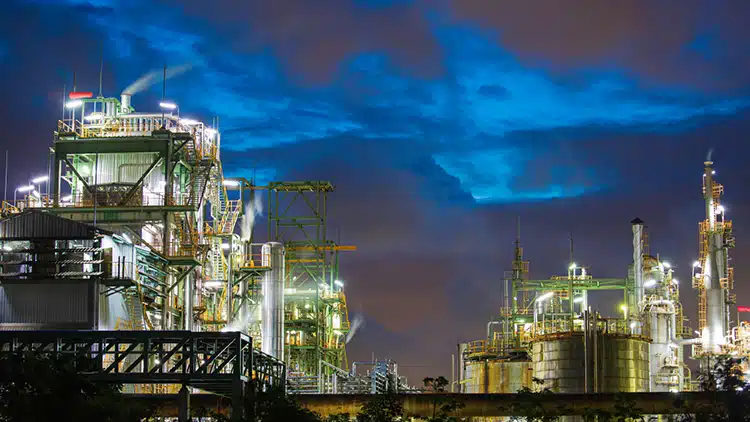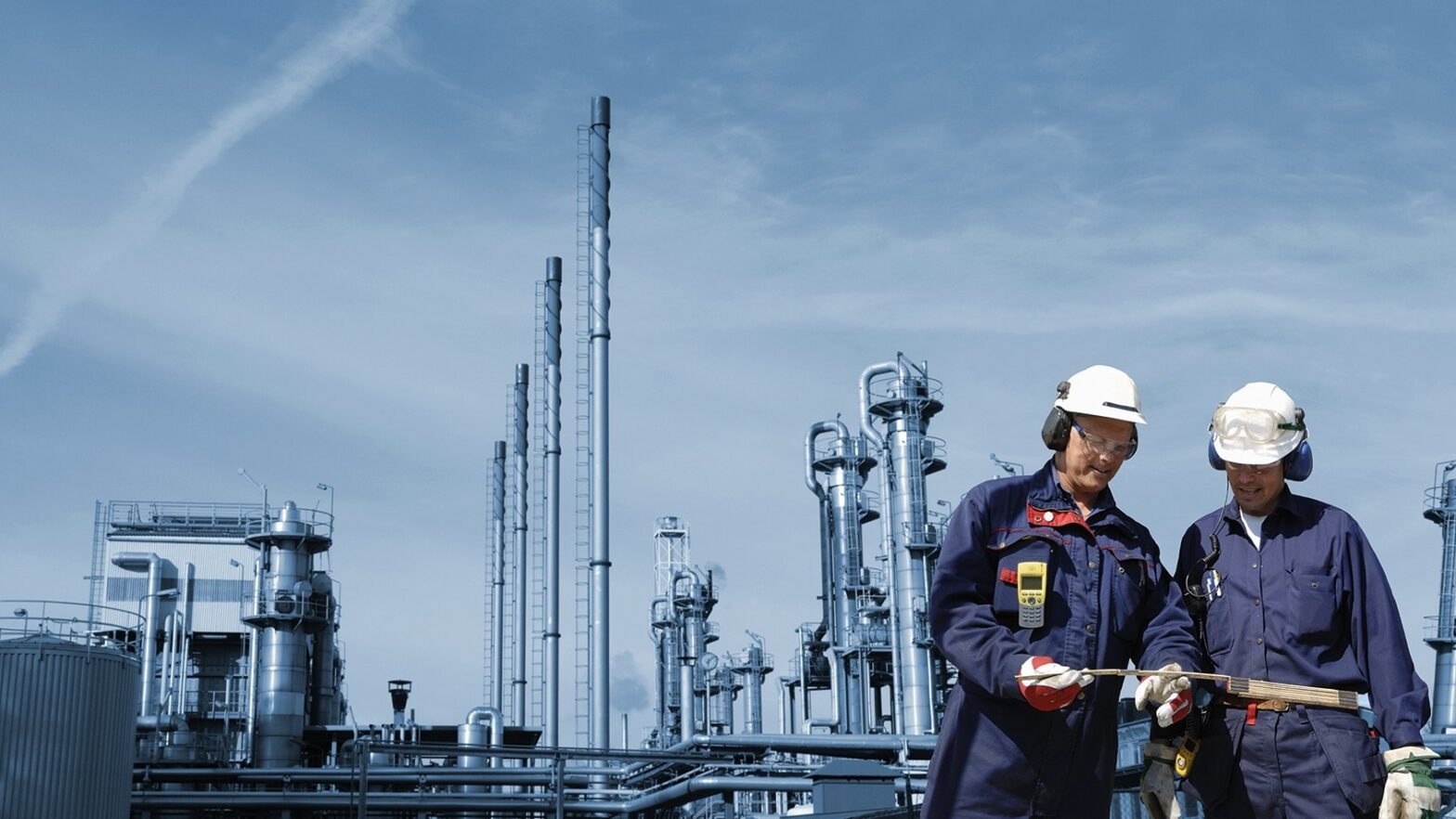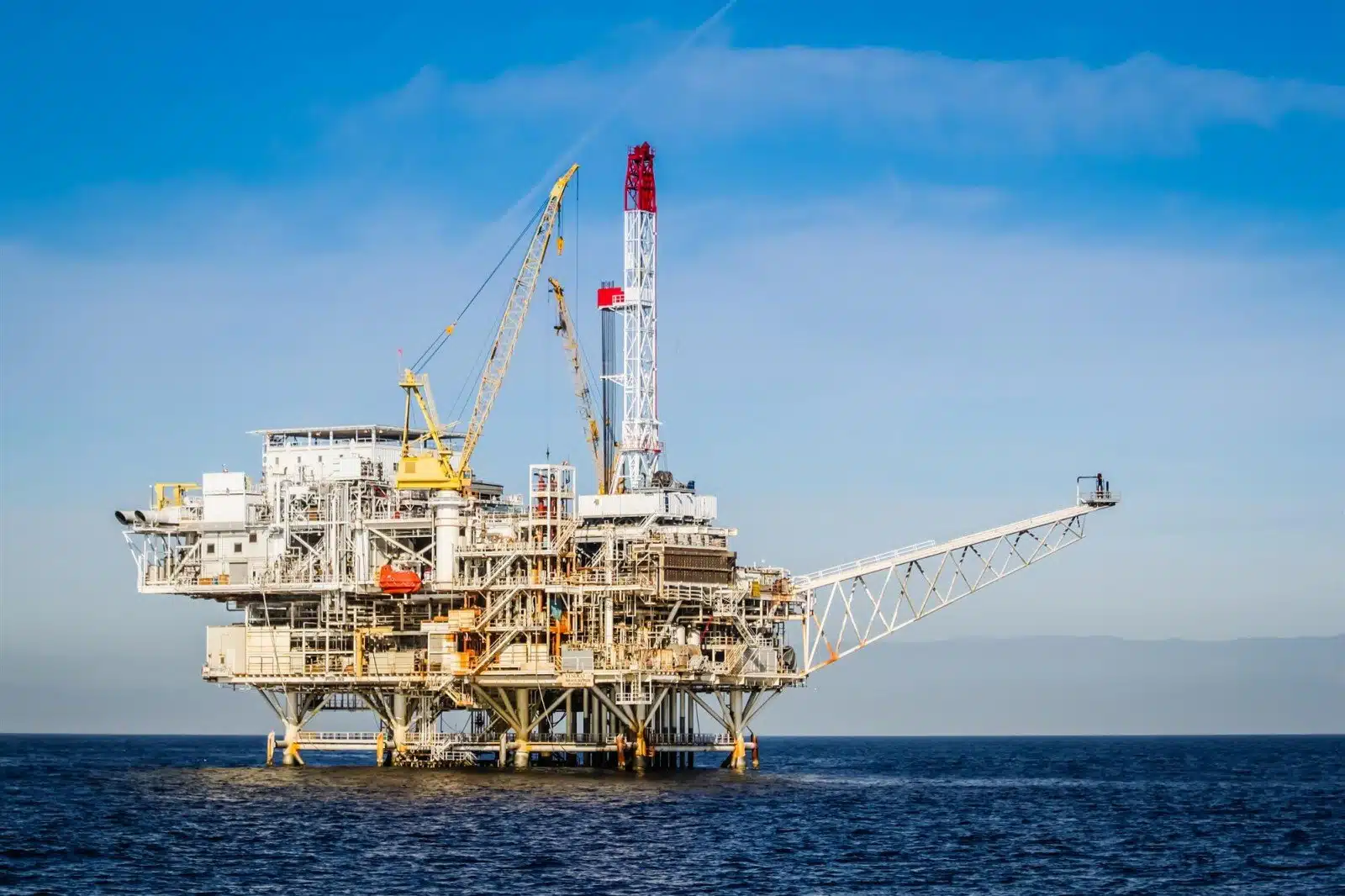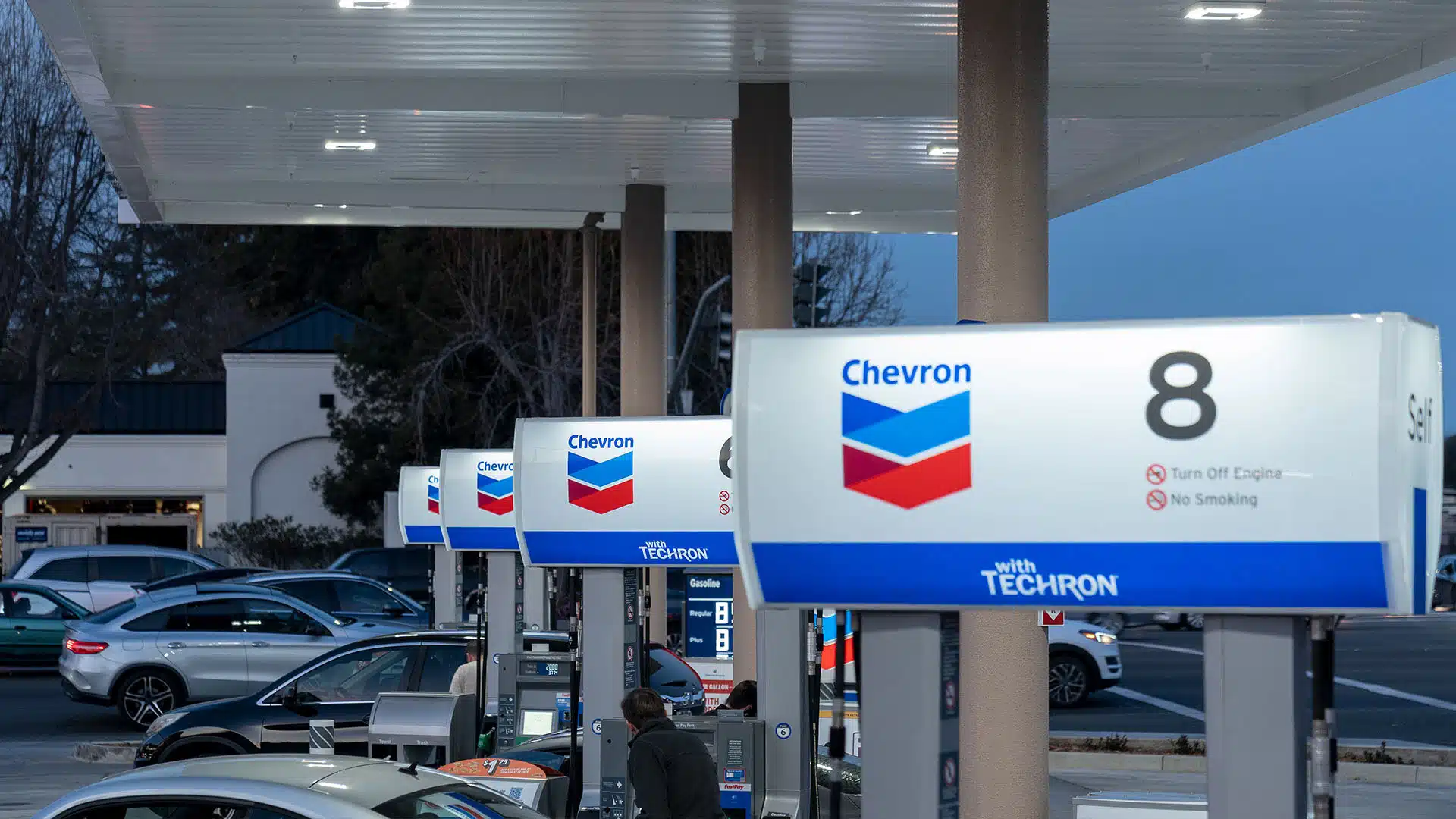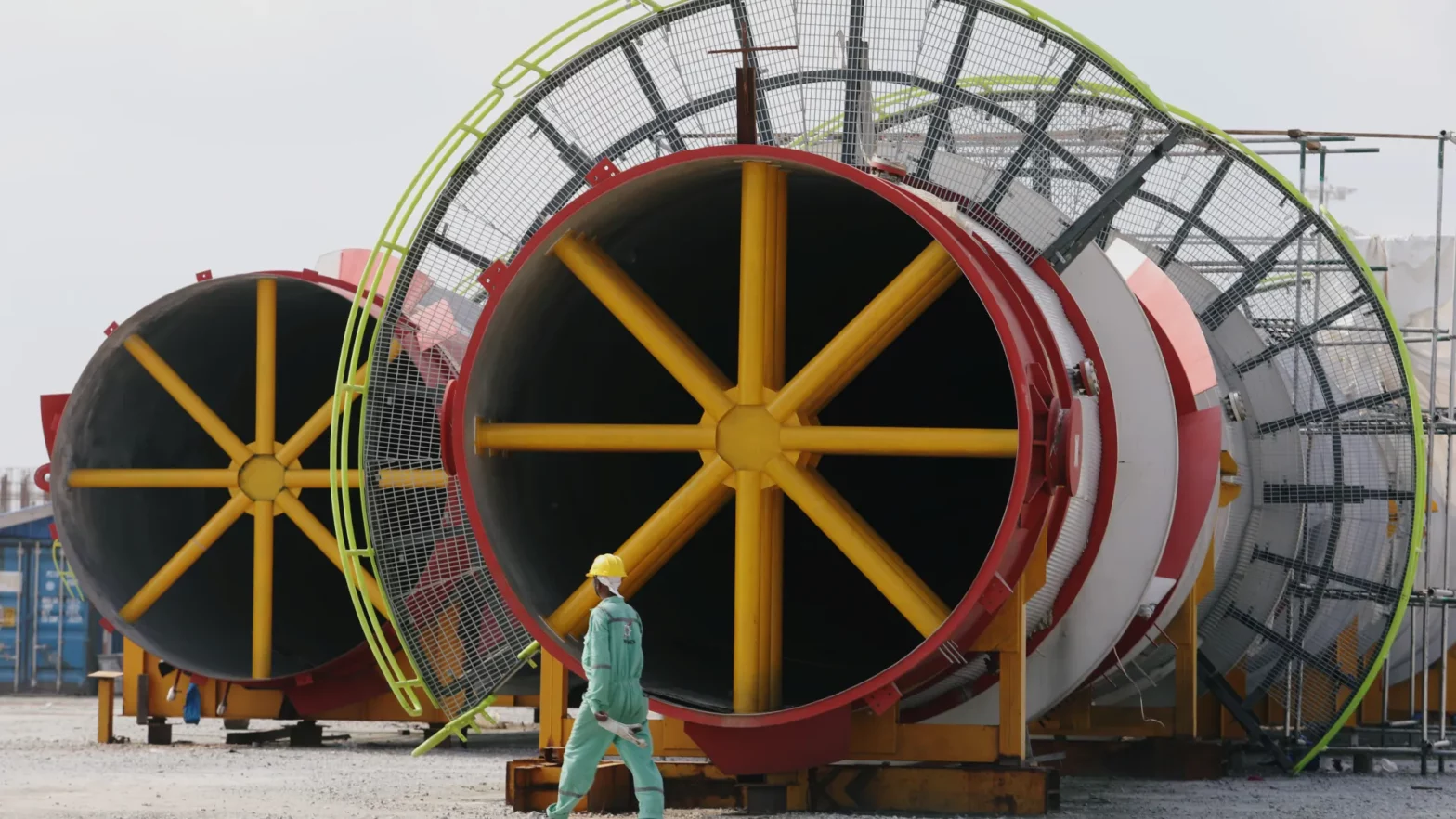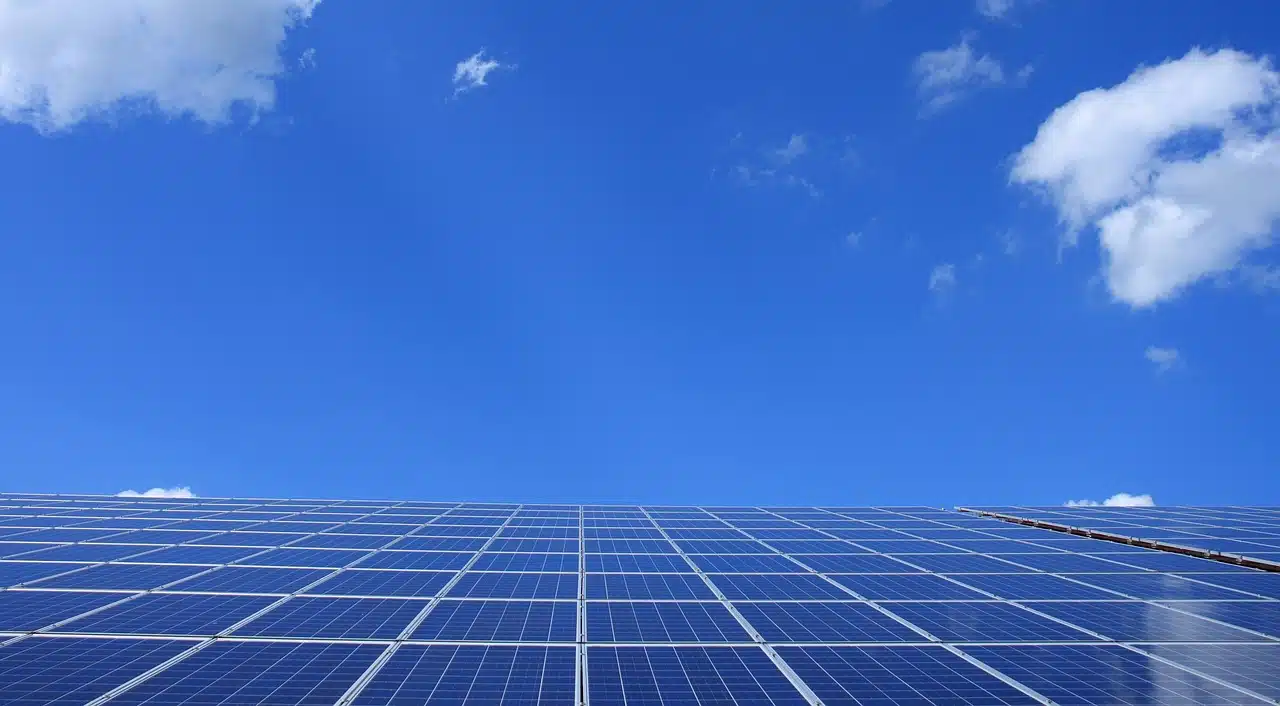Environmental groups in the US are challenging the Trump’s administration’s $4.7 billion loan approval for TotalEnergies to develop an LNG project in Cabo Delgado, Mozambique.
Trump’s White House touted the loan as supporting U.S. manufacturers who will supply the project, and there is a reason for that.
But these non-governmental groups, which include Friends of the Earth, claim the loan was approved by an unlawfully appointed board that didn’t do due diligence.
In March 2025, the new EXIM reapproved the $4.7 billion loan to support the gas project that was put on hold in 2020 because of pending security concerns.
EXIM cited enhanced mitigation measures and security support from Mozambican and Rwandan forces in lifting the suspension and restarting financing.
The project has been stalled since early 2021 when Islamist insurgents attacked the site, prompting a force majeure and suspension of construction by TotalEnergies.
Why climate groups are taking the U.S. to court
Just days after EXIM’s decision, a coalition led by Friends of the Earth, partner group Justiça Ambiental (based in Mozambique), and legal advocacy group EarthRights International filed a civil lawsuit in the U.S. District Court for Washington, D.C. demanding the suspension of funding.
Key accusations include:
- Failure to conduct required environmental and economic assessments.
- Lack of public and Congressional participation, which federal law mandates.
- Approval by an improperly appointed EXIM board, bypassing Senate confirmation.
The project has also allegedly caused displacement of local communities, human rights abuses, and environmental destruction, all worsened by regional instability.
Environmental advocates have labeled the project a “carbon bomb,” warning it could produce over 100 million tonnes of CO₂ annually, dramatically worsening climate change and harming ecosystems.
TotalEnergies pushes forward despite controversy
However, TotalEnergies and its partners are pressing to lift the force majeure and restart construction by mid-to-late 2025, citing increasing regional stability and renewed financial backing.
In May 2025, TotalEnergies said it was planning to seek approval to lift force majeure on the project, hinting construction could resume as early as mid summer.
“The security situation has improved,” Pouyanne said, while speaking with Reuters. “It will be up to the government of Mozambique to approve lifting of this force majeure,” TotalEnergies’ CEO, Patrick Pouyanne said.
The Mozambican government earlier this month said that necessary and sufficient security measures are being implemented to enable restart.
But what’s at stake?
The $20 billion LNG project involves the development of the Golfinho and Atum natural gas fields in Mozambique’s Offshore Area 1 and the construction of a two train liquefaction facility.
The project aims to produce at least 13 million tonnes per annum (mtpa) of LNG, with potential expansion to 43 mtpa, which supporters say could significantly boost Mozambique’s economy and create thousands of jobs, including in the U.S.
Up to 64 trillion cubic feet of gas are expected to be unlocked in Area 1, covering approximately 10,000 square kilometers.
Major investors in the project include:
- France’s TotalEnergies (26.5%), operator
- Japan’s Mitsui & Co. (20%)
- Mozambique’s state owned ENH (15%)
- A consortium of Indian state run firms and Thailand’s PTTEP holding the remaining 43.5%.
While American companies don’t have direct or equity stakes in the project, it will employ several American contractors.
EXIM estimates that the LNG project will support about 16,400 high-paying American jobs, spanning more than 68 companies across 14 US states.
This means the project has a net positive impact on the US economy, hence the huge capital investment.
In fact, the loan is reported to be EXIM’s single-highest financing to a single project in its entire 91 year history.
What lies ahead?
If the court rules in favor of climate groups, disbursement of the $4.7 billion, including funds for U.S.-based contractors could be suspended, delaying TotalEnergies’ timeline.
Already the UK government was considering a withdrawal from the project.
The lawsuit also highlights broader tensions: balancing energy development and economic growth against climate and human rights responsibilities.
The environmental groups emphasize that government support should not violate due process or exacerbate existing conflicts.
The case highlights how public financing for fossil fuel mega-projects intersects with legal accountability.
It simply asks whether taxpayer-backed loans should proceed when projects pose serious climate and humanitarian risks, especially in conflict-affected regions.



